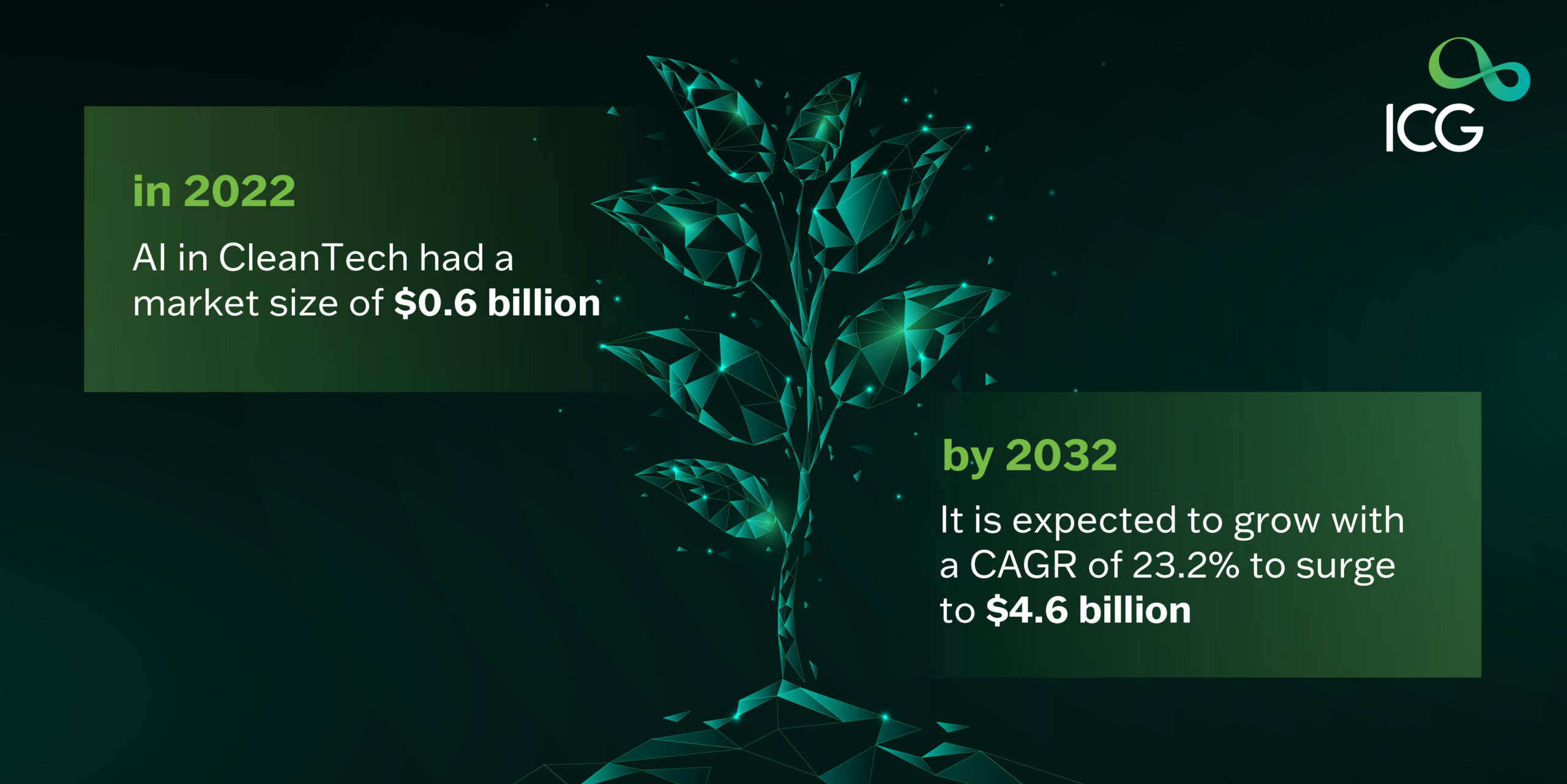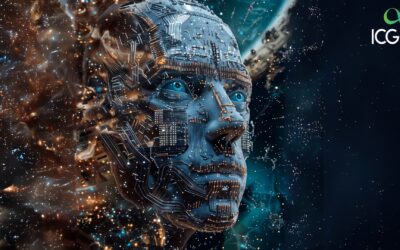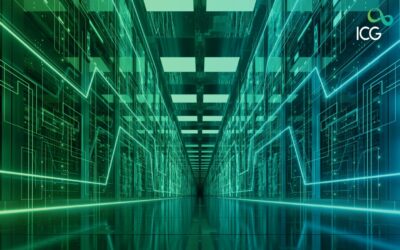AI has become quite a topic now! From big robotic industries to chatbots, AI has become the ‘talk of town.’ It is revolutionizing industries worldwide, and the Clean Tech Industry is no exception. AI is emerging as a powerful tool to fight against climate change. But is it worth the hype? Is it genuinely adding value? Is it improving waste management? Is it optimizing renewable energy systems? And if yes, how is it transforming our approach to energy efficiency? Can AI in the CleanTech industry be a game-changing solution? Let’s get into this big question and understand whether we are moving towards a sustainable future with AI or not.
AI Worldwide
According to a McKinsey Report, generative AI will automate 30% of currently worked hours in the U.S. economy by 2030. Saudi experts on digitalization consider AI like a beast that can consume endless amounts of data, no matter how much data you have. AI is expected to contribute 12.4% of Saudi Arabia’s GDP, amounting to over US$135.2 billion in 2030. The market size of AI in renewable energy in 2022 reached $0.6 billion and is expected to grow with an annual CAGR of 23.2% by 2032 to reach $4.6 billion.
The Intersection of AI and Clean Tech
The above data shows a transformative revolution of the Clean Tech Industry with rapid AI integration. The concern over global sustainability, environmental degradation, and climate change has made these solutions more critical than ever. AI seems to address all the challenges to drive efficiency and innovation with the newest possible sustainable activities.
Clean Tech refers to the services and products using renewable resources while minimizing waste to reduce environmental impact. While Clean Tech has been crucial to sustainability for a long time, AI has seen an acceleration in business. AI is pushing the boundaries now!

Top AI Revolutions in Clean Tech
AI in Renewable Energy: Optimizing Solar and Wind Power
AI, with its predicting nature, speculates, envisions, and manages energy resources and their usage. Consider weather companies that use AI algorithms to predict weather patterns based on historical data. They feed the past data to AI to forecast real-time information for energy production.
Being blessed with solar energy resources, Saudi Arabia is considered the best location for large-scale power projects. Using its machine learning algorithm, AI has helped the country predict weather patterns and optimize solar panels. AI-driven predictive maintenance systems can help solar panel managers identify potential issues in advance and work on reducing downtime. Real-time weather conditions can help adjust solar panels’ position.
For wind energy, AI uses its machine learning algorithms to analyze the data from the installed sensors on the turbines and predict the maintenance to reduce the operational costs. Additionally, the data can help optimize the turbine performance by adjusting rotation speed and blade angles in real-time.
Smart Grids and AI: Enhancing Energy Efficiency
AI integration in smart grid development has enabled dynamic energy distribution. With automation systems and predictive analysis, it has become easier to distribute energy efficiently, minimizing transmission losses and increasing the overall grid resilience. In areas like Saudi Arabia that deal with fluctuating electricity demand due to extreme weather conditions, AI is nothing less than a blessing. Countries like Canada are investing heavily in smart grid projects to reduce greenhouse gas emissions.
Smart AI algorithms are being developed to help manage and optimize energy storage solutions like charging and discharging of electric vehicle batteries.
AI in Water Management: Addressing Scarcity with Smart Solutions
Water scarcity has been a significant challenge, especially for the driest countries in the world. AI is considered as a new solution to address this matter. Many governments and organizations have started deploying AI to manage water resources. It has become easier to detect leaks and optimize irrigation systems by monitoring water usage using AI-powered sensors.
AI sensors for detecting pipeline leaks have prevented water loss issues while reducing repair costs. The AI-driven irrigation systems are helping with weather forecasts, crop needs, and water delivery based on soil moisture levels.
AI and Waste Management: Towards a Circular Economy
AI-driven robots are now a part of the waste-reduction process. They help in sorting recyclable materials with more accuracy. The predictive algorithms help project waste generation patterns, helping municipalities optimize the collection routes and schedule the process, reducing emissions and fuel consumption.
Furthermore, AI is also used to develop smart waste management systems to track waste sources and plan their final disposal or recycling. AI has enabled transparency in the recycling system, creating a circular economy where people can reuse and recycle as much as possible.
AI and Sustainable Agriculture: Feeding the Future
Agriculture plays a massive part in sustainability with all the food scarcity problems people face worldwide. AI is now being used in agricultural practices to reduce water needs and eliminate unnecessary pesticide and fertilizer use for crop yields. All-new AI-powered drones are not only accessible to farmers but also affordable to small farmers. With real-time insights and recommendations, small farmers can analyze crop health and soil conditions with weather patterns.
Even a mid-size AI development is nothing less than between $100,000 to $9,000,000 and most farmers cannot afford this cost. It’s better to switch to AI drones. However, farmers who can afford this cost can opt for AI-driven vertical farming systems to control the environment with minimal resource inputs and use AI to monitor and control environmental conditions. Controlling and managing light, humidity, and temperature is worth the cost of this AI development.
Sustainable agriculture is a key focus area for Saudi Arabia as it seeks to ensure food security while minimizing environmental impact. AI is being used to optimize agricultural practices, reducing the need for water, fertilizers, and pesticides while increasing crop yields. Given their limited arable lands and scarce water resources, countries like Saudi Arabia can do wonders with this technology.
AI in Carbon Capture and Storage: Reducing Emissions
Carbon capture and storage (CCS) is one of the most effective greenhouse gas reduction technologies. With AI, it can predict potential risks and optimize the capture process.
According to research, AI and ML tools incorporated with the carbon capture systems helps capture 16.7% more carbon dioxide (CO₂) from the atmosphere. Interestingly, it used 33.3% less energy to do so.
AI algorithms can help predict CO2 behavior to prevent leakage and ensure stability. Many companies have started using AI-driven simulations to optimize the carbon capture system design to reduce cost and improve scalability.
Challenges and Future Outlook
AI seems unstoppable, but what about the challenges it holds? The biggest challenge is the need for skilled professionals and developers to develop the exact needed AI solutions. Being new in the industry, AI lacks skilled professionals. Even if one finds a great AI developer, the cost of inclusion in such projects is unimaginable.
Above all, a great AI development project needs an excellent infrastructure to test. This retrofitting of AI technologies with traditional energy systems is costly and complex. It requires continued investment of cost and efforts to overcome the associated challenges.
The Clean Tech industry doesn’t need to stay behind as the world is transforming with AI. AI can advance CleanTech initiatives to push us closer toward a sustainable future, not just as a goal but as a reality.
However, this is a challenging task. To make AI fully potential, all the stakeholders, from governments to consumers, must invest in every manner to accept AI-powered solutions. A wide-spread benefit can give a wide-spread opportunity. AI in Clean Tech is a technical evolution and a chance to reach for a greener and better planet. Let’s harness the future with the power of AI for a better tomorrow!
The ICG Approach
At ICG, we offer a customized approach that empowers your teams with the latest insights and technology expertise to navigate the demands of today’s digital age. As Saudi Arabia embarks on its digital transformation journey, ICG plays a pivotal role in shaping the Kingdom’s tech landscape by providing cutting-edge solutions, strategic consultancy, and fostering innovation. Our comprehensive guidance, from fundamental concepts to practical implementation, helps organizations mitigate risks, stay ahead of the competition, and unlock their full potential in the accelerating digital environment.
Ready to talk?
Request your free Consultation to learn more about ICG’s capabilities and enablement to embark on a transformative expedition toward the summit of success.








